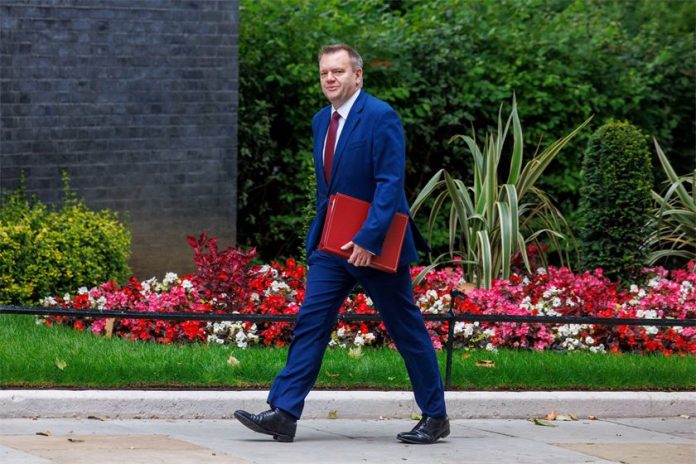Jill Rutter argues that UK Prime Minister Keir Starmer is right to return the relationship with the EU to the Cabinet Office, but now the government needs to make sure that Parliament can also effectively oversee the relationship, according to UK in a Changing Europe.
On 24 July, Starmer outlined the mechanism of government changes being implemented by the new government. This included confirmation that primary responsibility for managing relations with the EU would return to the Cabinet of Ministers from the Ministry of Foreign Affairs.
This restores the position that existed before the referendum. After the referendum, responsibility for relations with the EU was reduced and changed. At first this was the responsibility of the Department for Exiting the European Union (DExEU). It was then returned to the Europe Unit in the Cabinet Office when the relationship between Olly Robbins and DExEU secretary David Davis soured irrevocably.
There is a compelling logic that the relationship with the EU should be decided at the centre. The Windsor Framework means that any changes to EU law could affect the border between the UK and Northern Ireland. The changes could also raise complex processing issues at Stormont now that the Northern Ireland Assembly has the right to object to new and updated EU legislation.
And beyond trade, there will be questions about the nature of co-operation on migration; the possible effects of easing restrictions on movement after Brexit; and the wider policy of managing the Union. Given all this, shifting responsibility for EU matters to the Cabinet is sensible. However, the government also needs to ensure that Parliament has the opportunity to scrutinise its approach to the relationship with the EU in all its aspects.
Starting point
This function was previously the responsibility of the European Scrutiny Committee (ESC). The Committee was tasked with examining proposals for EU legislation when the UK was a member state. After Brexit, under the long chairmanship of Sir Bill Cash, it was dominated by hard Brexit supporters who saw it as a platform to urge the government to act harder and faster, ignoring wider concerns about the impact of the Brexit agreement on the Union, business or the UK legal system.
Now is the time to rethink the situation. Bill Cash’s departure from Parliament already means there will be change. But there should be a broad committee on EU relations, big enough to accommodate MPs from the nationalist parties in Scotland and Wales, as well as representatives of the parties in Northern Ireland. Unlike Cash, its chairman should be elected, as should other elected committee chairs.
The government has a role to play too. Both the ESC and the Lords Committees have complained about the poor flow of information from the government on forthcoming EU proposals. The new Cabinet team needs to agree new and timely ways of providing updates.
They will have to do this anyway in order to fulfil their obligation to inform Stormont. However, this should be a starting point for a wider debate in Parliament on the UK’s approach to future developments in the EU that may have implications for the UK.
